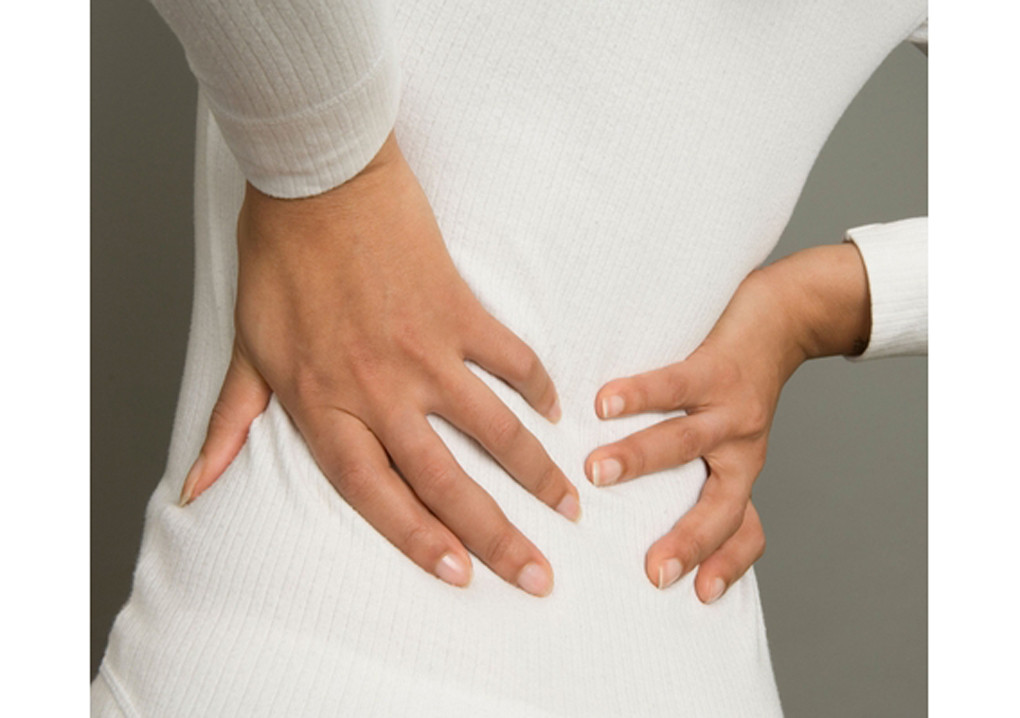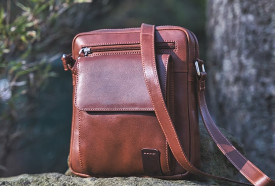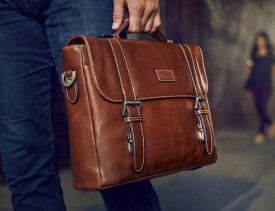We have been hearing a lot in the news recently about the dangers of shoulder bags and the effect that overloaded handbags can have on the lower back. The NHS estimates that 80% of the UK population will suffer from back pain at some point in their lives and that a considerable contributing factor will be carrying heavy bags on a regular basis However, without a pack horse to follow us around everywhere we go, how can we avoid it?
The first step is to take a look at the bag you use most regularly. Small shoulder bags or cross-body bags are fine for everyday essentials such as phone, purse, keys, camera, make-up etc. However, if regularly carry lots of books or files, consider using a backpack where the weight will be evenly distributed or better still a trolley bag. Remember backpacks and trolley bags are not just for students and old ladies and there are plenty of stylish options on the market.
Conti of Tuscany Leather Backpack £145 Bramble and Brown Wheeled Mobile Office Bag £129.99
The next step is to avoid overloading your bag. There’s no reason for a bag to cause you pain as the majority are very light when empty. What’s more, the back is one of the body’s strongest muscles. However, overloaded bags cause your joints to suffer so try to avoid the temptation to fill up your fashionably oversized hobo with things you don’t need. Every item you can remove will ease the load on your back so it's worth clearing out your junk periodically.
Another solution is to take two bags. Keep one for the daytime to carry your work and lunch in and a smaller one for evenings that you can just transfer your keys and phone to when you go out. Find out about facilities for storing items in lockers in your place of work or study if you don't have the time to go home in between.
Finally, if you have a long commute and have to carry a heavy bag then wear sensible footwear. Pottering about in high heels is quite likely to lead to accidents during rush hour as well as putting extra strain on your lower back. If you need high heels for work, wrap them up in a plastic bag and carry them on the train.
Don’t forget, if your back continues to cause you pain, seek medical advice from a doctor.








